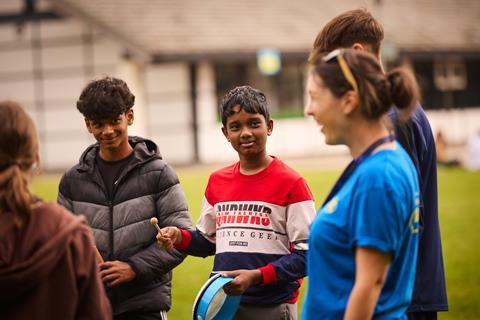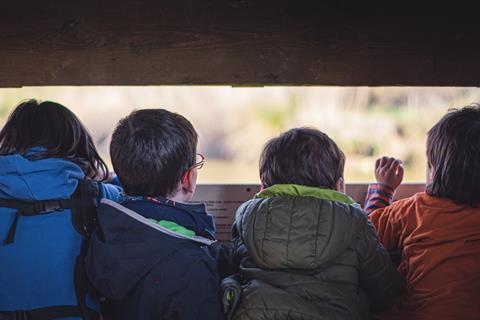Dr John Allan, head of impact and breakthrough learning at PGL Beyond, discusses how adventure and travel can grow vital soft skills in young people.

A core of highly prized skills, known as 21st century skills, are recognised by governments, academics and employers as essential for generating solutions to some of society’s most critical problems. These skills, also known as soft skills, make up life and career requirements necessary for young people to live and work in diverse, complex environments.
These include attributes such as curiosity, empathy, collaboration, open-mindedness and out-of-the-box thinking. We know from research that developing these skills early in childhood is important - youngsters who score highly on soft skills in primary school report better adult outcomes in education, employment and mental health.
Recently, when over 1,000 employers were questioned on what skills they value most in their workforce, soft skills ranked more highly than computer and AI skills. They also found that young people aged 16-24 years of age lacked soft skills; finding it difficult to adapt to the workplace, particularly when communicating with new colleagues or clients.
35% of young people were unaware of what ‘soft skills’ are, with a third of individuals reporting to have received no help in developing those skills.
When young people were asked about soft skills, 35% of them were unaware of what they were. Of those young people that did know, over a third stated that they had received no help in developing them in preparation for future study or employment.
Experiential or ‘first hand’ learning, developed through school trips and travelling, underpins the development of soft skills by blending a combination of physical, social, cognitive, and emotional forms of learning.
Learning by a range of means and experiences with real consequences for actions, enables young people to see the world at a personalised level - ‘what does this mean to me?’ - and with a global perspective - ‘how do my actions impact others?’. This ability to ‘zoom in’ and ‘zoom out’ is the cornerstone of agile, resilient thinking, crucial when faced with new situations.

It must be acknowledged that many young people are facing unprecedented challenges to their mental health and well-being as a direct aftermath of the pandemic and the cost-of-living crisis. Furthermore, given the fact that 65% of jobs young people will undertake are yet to be invented, ‘future-proofing’ young people with soft skills for the challenges ahead is extremely difficult.
However, allowing young people to stay in a behavioural state where they feel too comfortable in their environment may asset strip them of their resilience.
Travelling, educational school trips and outdoor residentials build resilience and soft skills in young people. The combination of some negative emotion (feeling nervous or unstable in the moment), counterbalanced by heightened positive emotions (joy and shared achievement with peers and teachers) creates a ‘steeling effect’. This helps young people handle more significant risks in the future and promotes clearer thinking.
Most importantly, outdoor residentials provide the bedrock for real-life learning which is not only memorable and meaningful, but life-changing.
For more information about PGL Beyond, go to www.pglbeyond.com.













No comments yet